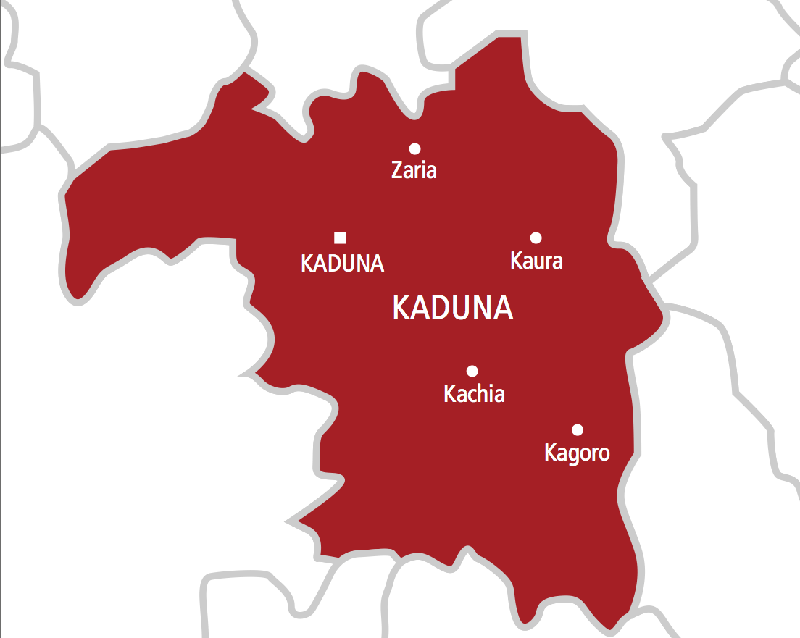Worried by the shortage of family planning commodities in Kaduna state, a group, Family Health Advocates in Nigeria Initiative (FHANI) has paid an advocacy visit to Executive Secretary, Kaduna state Health Supplies Management Agency, Ramatu Abdulkadir to find solution to the problem.
The group, led by its Ag. Secretary, Iliya Kure, said the visit was informed by a recent survey conducted by the National Bureau of Statistics (NBS) and released early this year which said the shortage of family planning commodities has adversely affected the number of women accessing the service in the state from 24 per cent to 12 per cent.
While commending the Federal Government for agreeing to assist Kaduna under an emergency plan, the group wondered what would happen after the intervention and urged the management of the agency to come up with a plan.
Responding, the Executive Secretary observed that the shortage situation is a fundamental problem arising from the supply chain.
Hajiya Ramatu, who decried the fire brigade approach of doing things in Nigeria, stressed the need for stakeholders to look at the root cause and why the federal government was buying the commodities, with a view to finding a sustainable solution.
Kaduna State, through the Health Supplies Management Agency, she said, has the capacity to solve the problem through building a complete supply chain for the country.
The Executive Secretary, therefore, called for a high-powered delegation of stakeholders to convince federal authorities to align with the Kaduna state government in that regard to ensure sustainability of the programme.
Meanwhile, the Reproductive Health Coordinator, in the State Primary Health Care Development Agency, Nafisa Isa, said arrangements are being made to take delivery of the emergency supplies of the commodities approved for the state by the federal government.
She said the state was prompted to put up the request because of the importance attached to family planning.
Hajiya Nafisa also disclosed that the state had applied to the federal government to make direct purchase of the commodities as against the present practice where it is being done through the United Nations Population Fund.

 Join Daily Trust WhatsApp Community For Quick Access To News and Happenings Around You.
Join Daily Trust WhatsApp Community For Quick Access To News and Happenings Around You.


